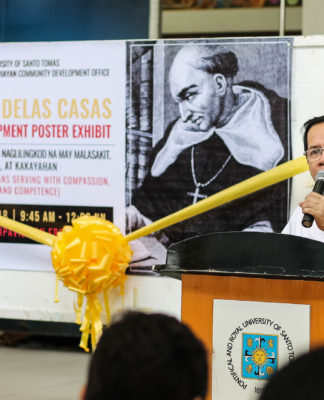PATIENTS with end-stage heart diseases may now rely on artificial heart implants until a real heart is available.
AbioCor Implantable Replacement Heart is a two-pound titanium and plastic prosthetic heart developed by globally renowned company Abiomed. Consisting of two blood pumping chambers acting as the veins and arteries, the implant can deliver more than 16 liters (four gallons) of blood per minute.
An internal lithium battery powers the heart for 30 minutes and recharges from an external battery pack worn on a belt. The charging is done via Transcutaneous Energy Transmission (TET), a wireless technique that uses a coil to transfer energy through the skin without penetration.
A patient can still live a normal life without worrying of sudden heart failures, since Abiocor has an internal controller that regulates the speed of the heart by adjusting its pump rate in response to the body’s needs and activities. In the event of irregularities, a detailed performance feedback and alarms are provided by the active monitoring system.
In an article in techtv.com, it is said that the implant is the product of a three-year collaboration between hospitals, including Abiomed and the University of Louisville in the United States. The effort culminated last July with a landmark surgery on a human after 40 successful experimental operations with calves.
Frank Bering, a World Health Organization (WHO) representative, said that at least 40,000 people would benefit from the device since the number of hearts available by transplant is limited.
Considered a major leap in artificial heart technology, AbioCor is not the first attempt along this line. Its predecessor, Jarvik-7 (1982), was a big failure that resulted in a highly publicized death of the volunteer test patient, Barney Clark, a retired Seattle dentist who only survived for 112 days after the operation.
Despite its compact system, Abiocor is still plagued with issues concerning its size. Although it is too large for people of small physique, proponents still insist that the benefits outweigh other factors, ethical or otherwise.
AbioCor is the first of five cardiac devices authorized by the US Food and Drug Administration. World Heartsaver’s and Left Ventrical Assist Devices (LVADs), among others, are expected to have similar wireless systems. This milestone in medical history hopes to make high-tech hearts available to thousands of people whose heart disease has progressed too far for them to qualify for heart transplants. John Ferdinand T. Buen
















